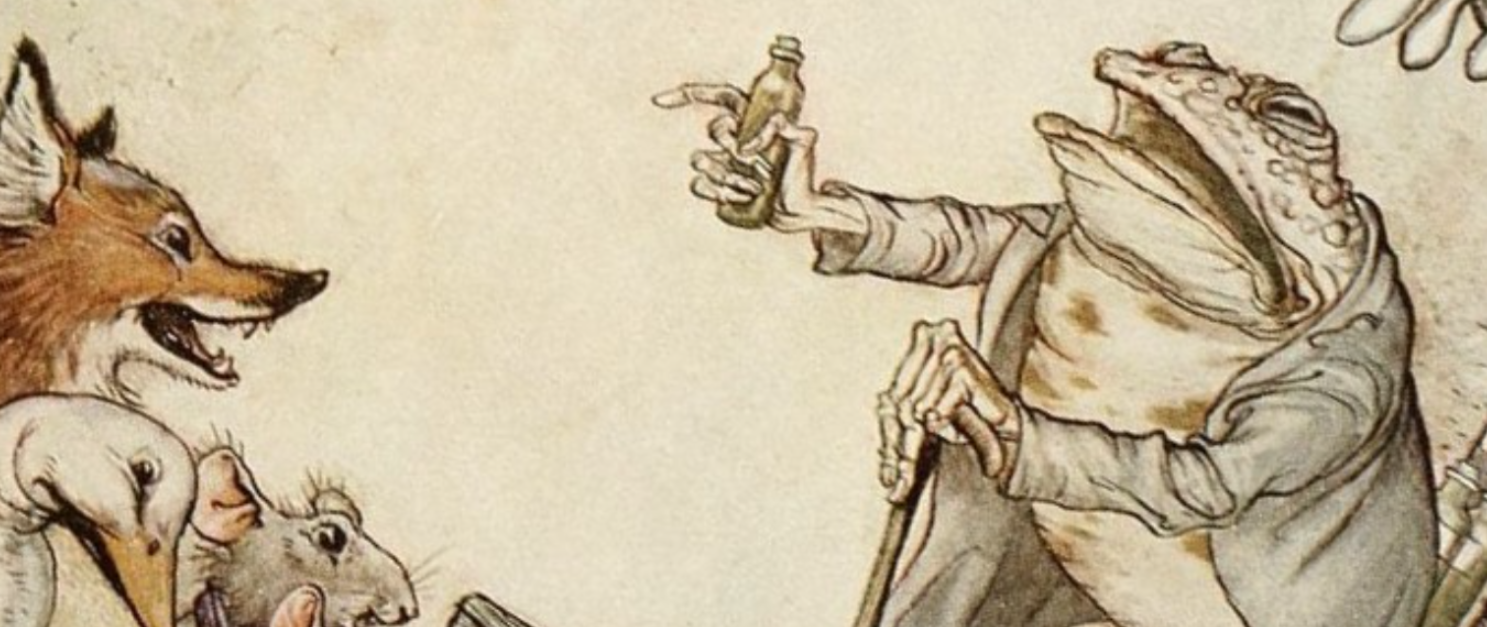What is a story?
The first in an intermittent series of blogs about stories and storytelling
Long, long ago, in a galaxy far, far away called the late 1990s, Steve, Dean and I decided to go into business together. We needed a name, and after a lot of discussion, we arrived at Story Inc.
“Inc” said “this is a company”.
“Story” said “and this is what it does.”
But… what is a story?
Like other little words about big things (think: “love”), the word “story” is used in so many different ways that it can sometimes seem drained of real meaning, or at least too protean to be a single, useful concept.
But it’s a word we can’t stop using, because we need it.
A story is a structure. It’s a kind of mental machine, a way for the human mind to create order out of what would otherwise be chaotic experience. Stories are expressions of pattern recognition. We compulsively create them and then compulsively share them, continually interpreting and reinterpreting the world and each other. By doing so we create our shared realities.
This is a pretty broad-brush definition. It includes stories that are told in time, in space, and interactively. It includes every medium, from the spoken word to (for instance) VR, and every level of seriousness or otherwise: from everyday gossip and anecdotes to scientific theories; oral myths, heroic national legends, songs, epic poetry, theatre, novels, painting, sculpture, dance, music, film, TV, games, memes, tweets, lies, damned lies, statistics, fiction and non-fiction, exhibitions, and potentially, even things like architecture and urban planning.
It also includes the little stories that we tell ourselves, and keep in our heads.
In these story blogs we want to talk about some of these different types of storytelling – for instance (and this is a big thing in our work) the differences between telling stories in time, in space, and interactively.
We also want to talk about whether all stories are created equal. Some people will doubtless bristle at (say) The Theory of Evolution being called a story. It’s not a story, they might say – it’s reality. Calling it a story, they might argue, puts us on a slippery relativistic slope where there is no way of judging what is true and what is not.
We want to talk about the dark and light sides of stories too. The way their power can be abused, and how our compulsion to see the world in terms of stories, so fundamental to our success as a species, can also sometimes blind us to realities that are more complex than our stories can contain.
But above all, we want to celebrate stories and storytelling, because they are what make us all who we are.
Stay tuned.


